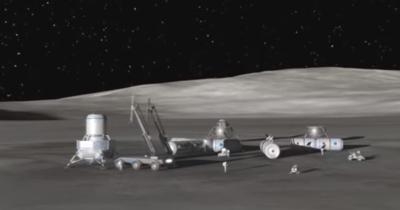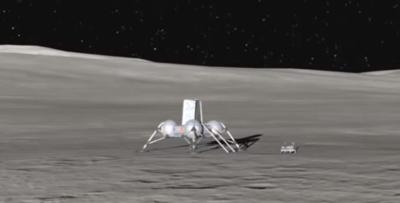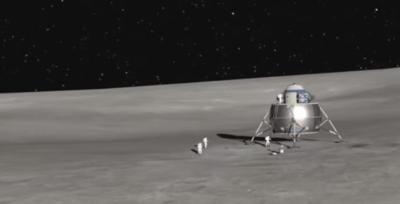Tue, Jan 12, 2016
Advertisement
More News
 ANN's Daily Aero-Term (11.29.25): Waypoint
ANN's Daily Aero-Term (11.29.25): Waypoint
Waypoint A predetermined geographical position used for route/instrument approach definition, progress reports, published VFR routes, visual reporting points or points for transiti>[...]
 ANN's Daily Aero-Linx (11.29.25)
ANN's Daily Aero-Linx (11.29.25)
Aero Linx: Sentimental Journey to Cub Haven Sentimental Journey Flyin began in 1986 with a group of dedicated volunteers working to provide a sentimental return to Lock Haven, the >[...]
 NTSB Prelim: Jabiru USA Sport Aircraft LLC J230-SP
NTSB Prelim: Jabiru USA Sport Aircraft LLC J230-SP
The Pilot Would Often Fly Over Their House At A Low Altitude And That Family Members Would Go Outside To Wave On November 14, 2025, at 1708 eastern standard time, a Jabiru USA Spor>[...]
 Classic Aero-TV: Crafting The Future of eVTOL Infrastructure
Classic Aero-TV: Crafting The Future of eVTOL Infrastructure
From 2024 (YouTube Edition): Volatus Infrastructure Paves The Way The name “Volatus” seems to be everywhere these days, popping up in a series of partnerships and proje>[...]
 Klyde Morris (11.28.25)
Klyde Morris (11.28.25)
Fortnite Conquers All, Klyde FMI: www.klydemorris.com>[...]
blog comments powered by Disqus






